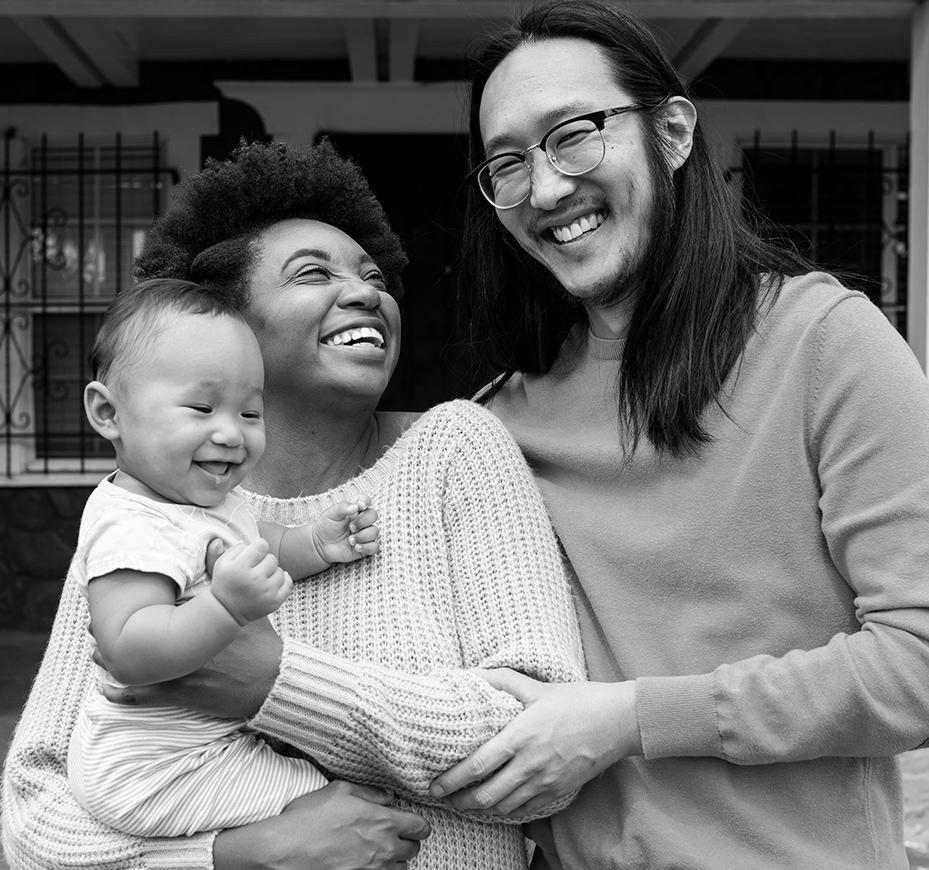
2 minute read
A TI ME TOCONNE
sylvania and then Minnesota. In 1892, 32 Benedictine Sisters established the monastery in Duluth. In the ensuing 131 years, they’ve built up a ministry that includes the Duluth-based Benedictine eldercare system; Duluth’s College of St. Scholastica; the Catholic facilities of the Essentia Health system; Shakopee, Minnesota-based St. Francis Regional Medical Center; and Cottonwood, Idaho-based St. Mary’s Health.
In 2010, the Benedictine Sisters began discussions on how best to ensure their ministries could continue to grow and thrive once sufficient numbers of sisters were no longer available to provide leadership and direction under the traditional sponsor model that exclusively had sisters in sponsorship roles, Sr. Raway explained in the announcement.
In 2014, the Benedictine Sisters’ governing body, which is called the monastic council, approved a sponsorship form for their sponsored works that was a variation on the traditional model. That sponsor council model, which went into effect in 2017, included both lay and sister voting members as well as ex-officio, nonvoting members from the leadership of the Benedictine Sisters’ sponsored ministries. The monastic council approved members who served on that sponsor council.
The sponsor council has been an advisory group but it also has had some reserved power functions. Consisting of five sisters and four lay members, it was responsible for communicating with the leadership of the sisters’ sponsored ministries.
The monastery decided in 2018 to pursue a shift to the ministerial public juridic person model of sponsorship for its health care and educational works.
Sr. Raway said the sponsor council “did the major work of developing the MPJP model with canonical and legal consultation, and commissioning and approving the work of developing a formation program” for sponsors and ministry executives. She acknowledged with gratitude the support of Bishop Daniel Felton of the Diocese of Duluth.
The MPJP formally establishes the structured relationship through which laity can join vowed religious in governing, directing and influencing a ministry of the Catholic Church, according to information from the Benedictine Sisters.

Sr. Raway said with the July change to the MPJP, the role of the canonical stewards is expanding. Duluth Benedictine Ministries will become “the official canonical sponsor and will be accountable to the Vatican. (Sponsors) will take on the major responsibility for maintaining Catholicity of the sponsored ministries, formation of leadership in the Benedictine charism and governance oversight. Reserved power requests will be directed to this body.”
The five sisters and four laity who are voting sponsor council members are the inaugural members of Duluth Benedictine Ministries.
The MPJP’s statutes allow for between five and 15 people to be members of the sponsor body, with the majority being Benedictine Sisters. Lay members must be practicing Catholics. Each member can serve up to three successive three-year terms. Term expirations will be staggered. As Catholic Health World went to press, the MPJP chair and officers were to be selected at a March meeting.
The monastery plans to hire an executive director, a director of mission integration and formation and an executive administrative assistant to support the MPJP.
Plans call for an MPJP member or a representative selected by that sponsor body to hold at least one seat on each of the five boards governing Duluth Benedictine Ministries sponsored education and health care organizations.
Administrative Changes
Providence St. Joseph Health has made these changes: Dr. Cara Beatty to Providence clinical network chief executive for Eastern Washington and Montana. Sarah Skeel to chief administrative officer of Providence Alaska Medical Center in Anchorage.

GRANT
Providence St. Joseph has received $1.3 million to help fund permanent supportive housing and recuperative care units at a housing complex in Rohnert Park in Sonoma County, California. The funding was part of the $1.7 trillion omnibus spending package that passed Congress in December 2022. Named the Providence Rohnert Park House, the building will include 76 permanent supportive housing units for seniors aged 55-plus who have a documented history of long-term homelessness and incomes at or below 30% of the area’s median income. The building also will have six recuperative care units, where residents will have access to wrap-around supportive services that address their health and housing needs.








